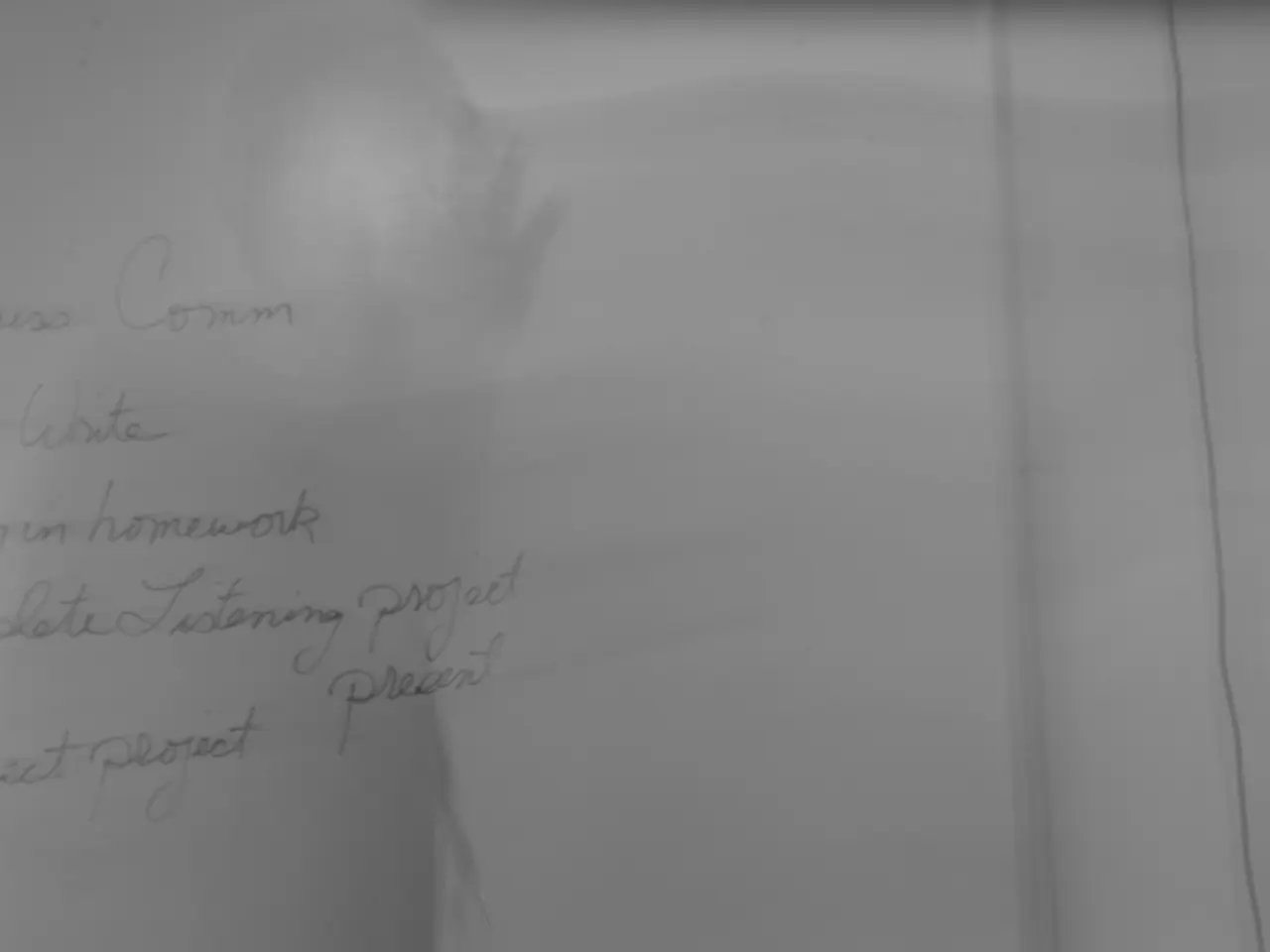Twelve states file a lawsuit against the Trump administration, claiming that recently imposed tariffs are unlawful
In a landmark case, the Federal Circuit Court of Appeals is currently reviewing the legality of tariffs imposed by President Trump under the International Emergency Economic Powers Act (IEEPA). The appeal follows a May 2025 decision by the Court of International Trade (CIT) that enjoined the tariffs, ruling that IEEPA does not authorize the president to impose expansive global tariffs without bounds.
The heart of the debate revolves around whether IEEPA grants the president the power to impose sweeping tariffs without clear congressional approval. The administration leans heavily on historical precedent, primarily the 1975 U.S. v. Yoshida International decision, which upheld the use of the Trading with the Enemy Act (IEEPA’s predecessor) to impose tariffs as an appropriate emergency power. They argue that IEEPA empowers the president to act decisively against "extraordinary and unusual" threats, including those justifying these tariffs.
On the other hand, opponents, including the states, such as Oregon, argue that IEEPA does not explicitly mention tariffs and that its limits to emergency powers only apply to "extraordinary and unusual" threats. They question the expansive use of IEEPA as a tariff-setting tool, citing constitutional concerns over unchecked executive tariff power.
Dan Rayfield, the Democratic attorney general of Oregon, expressed concern about the potential for future administrations to use emergency powers without judicial review. He believes the government's actions are an attempt to expand executive powers and has argued that the case is crucial for preserving the balance of power between the executive and legislative branches.
The state of Oregon, a significant importer of various goods, including American products with imported components, has a trade surplus, particularly in its nursery industry. Oregon's nursery industries have established relationships in Canada that are being impacted by the tariffs. Canadian authorities are pulling Oregon's nursery products off the shelves, leading to increased costs for consumers in the state.
The federal government would likely appeal to the Supreme Court if an injunction is issued. If Oregon wins the case, there would be an injunction pausing the current tariffs, potentially leading to substantial refunds owed on collected duties, potentially in the hundreds of billions of dollars. However, procedural questions remain.
The Supreme Court declined to take up an expedited challenge to these tariffs in June 2025, leaving the tariffs in effect for now. The case could eventually reach the Supreme Court, with various possible outcomes that could reshape presidential tariff authority or leave the issue unresolved for years.
Dan Rayfield was present in the courtroom during the recent hearing and felt that many judges seemed skeptical of the government's case. He suggested hypothetical scenarios for future misuse of emergency powers, such as a firearms emergency or a climate emergency, as examples of situations that could potentially be misused if the government's interpretation of IEEPA is upheld.
The ongoing federal appeal focuses on the delicate balance between executive and legislative powers in times of emergency. The case could set a precedent for future administrations, shaping the way they respond to economic and national security crises.
[1] NPR, "Federal Appeals Court Hears Case Challenging Trump's Tariffs", August 10, 2025. [2] The New York Times, "Court Rules Trump's Tariffs Illegal, but Stay Implementation Pending Appeal", May 25, 2025. [3] The Washington Post, "Supreme Court Declines to Take Up Expedited Challenge to Trump's Tariffs", June 15, 2025.
- The ongoing debate in politics and policy-and-legislation revolves around the legality of executive powers in imposing tariffs, especially as it pertains to the International Emergency Economic Powers Act (IEEPA), with the ongoing Federal Appeals Court case serving as a pivotal point, potentially reshaping presidential tariff authority.
- General-news outlets have reported that the economic implications of this case are significant, with potential ramifications for the government's ability to implement tariffs without clear congressional approval, sparking concerns among state officials such as Dan Rayfield, the Democratic attorney general of Oregon, regarding the potential for future administrations to misuse emergency powers.






